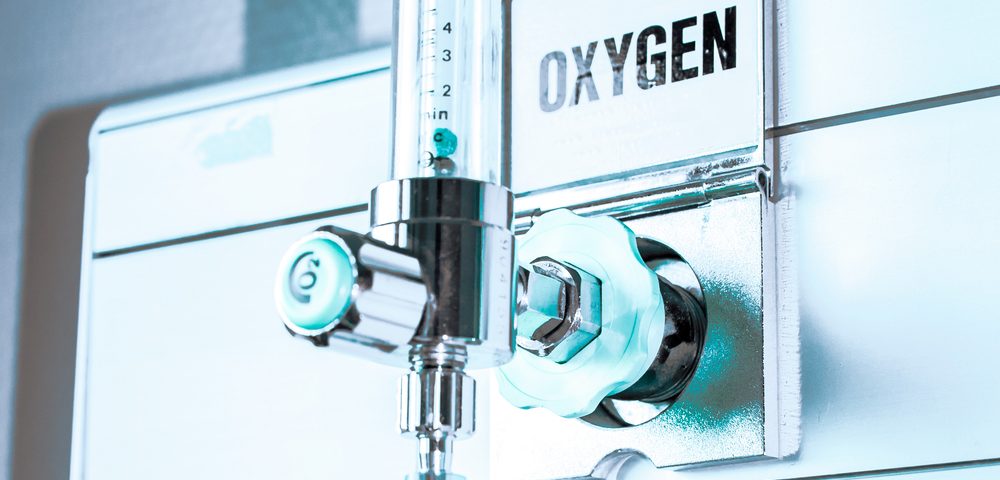Supplemental oxygen enhances exercise endurance and reduces breathing difficulties in patients with idiopathic pulmonary fibrosis (IPF), an Australian study shows.
The study, “Greater endurance capacity and improved dyspnoea with acute oxygen supplementation in idiopathic pulmonary fibrosis patients without resting hypoxaemia,” was published in the journal Respirology.
Oxygen is commonly prescribed for patients with IPF. But while this strategy was shown to halt exercise-induced oxidative stress — meaning an imbalance between the production of reactive oxygen species and the body’s ability to eliminate them or to repair the resulting damage — in patients with chronic obstructive pulmonary disease (COPD), its benefits in IPF remained unproven.
Now, researchers conducted a small study (ACTRN12611001154998) to investigate the effects of supplemental oxygen on oxidative stress, skeletal muscle metabolism, and the physiological response to exercise in IPF patients.
Patients with a confirmed diagnosis of IPF were recruited at the Department of Respiratory and Sleep Medicine at Austin Health in Australia. A total of 11 patients received either oxygen (administered at a fraction of inspired oxygen of 0.50) or compressed air for one hour at rest. Then patients underwent a cycle endurance test while inhaling the same gas — oxygen or air.
Researchers collected blood samples from the participants at rest and during exercise, and analyzed the levels of oxidative stress and skeletal muscle metabolism markers, as well as the levels of several cytokines (factors involved in the immune system’s responses).
The analysis showed that during exercise, inhaled oxygen conferred several benefits, including improved exercise tolerance, shown by an increased endurance time and systolic blood pressure; and prevented exercise-induced hypoxemia (an abnormally low concentration of oxygen in the blood) and reduced exercise-associated dyspnea (difficulty breathing).
Importantly, at rest, oxygen administration showed no adverse effects and did not increase oxidative stress or cytokine concentrations.
“These improvements were not associated with changes in oxidative stress or cytokine response but were associated with a decrease in xanthine levels,” the researchers wrote. Xanthine, together with lactate and creatine kinase, are indirect markers of muscle metabolism and muscle damage. These results suggest that supplemental oxygen may improve muscle metabolism in IPF.
Overall, these results show that oxygen supplementation has no detrimental effect at rest and can improve exercise tolerance in patients with IPF.
“A potential relationship between oxygen administration and improved skeletal muscle metabolism should be explored in future studies,” the team concluded.


Would this have similar results for me? I have restrictive lung deficiency caused by scoliosis (tlc 55%). I have areas of alectasis too. I have had increasing problems with SOB when exercising and I’ve recently started using vpap due to hypoxia at night. I’m about to have exercise tests to assess my sats are when exercising. It’s already been suggested that O2 might help when exercising.